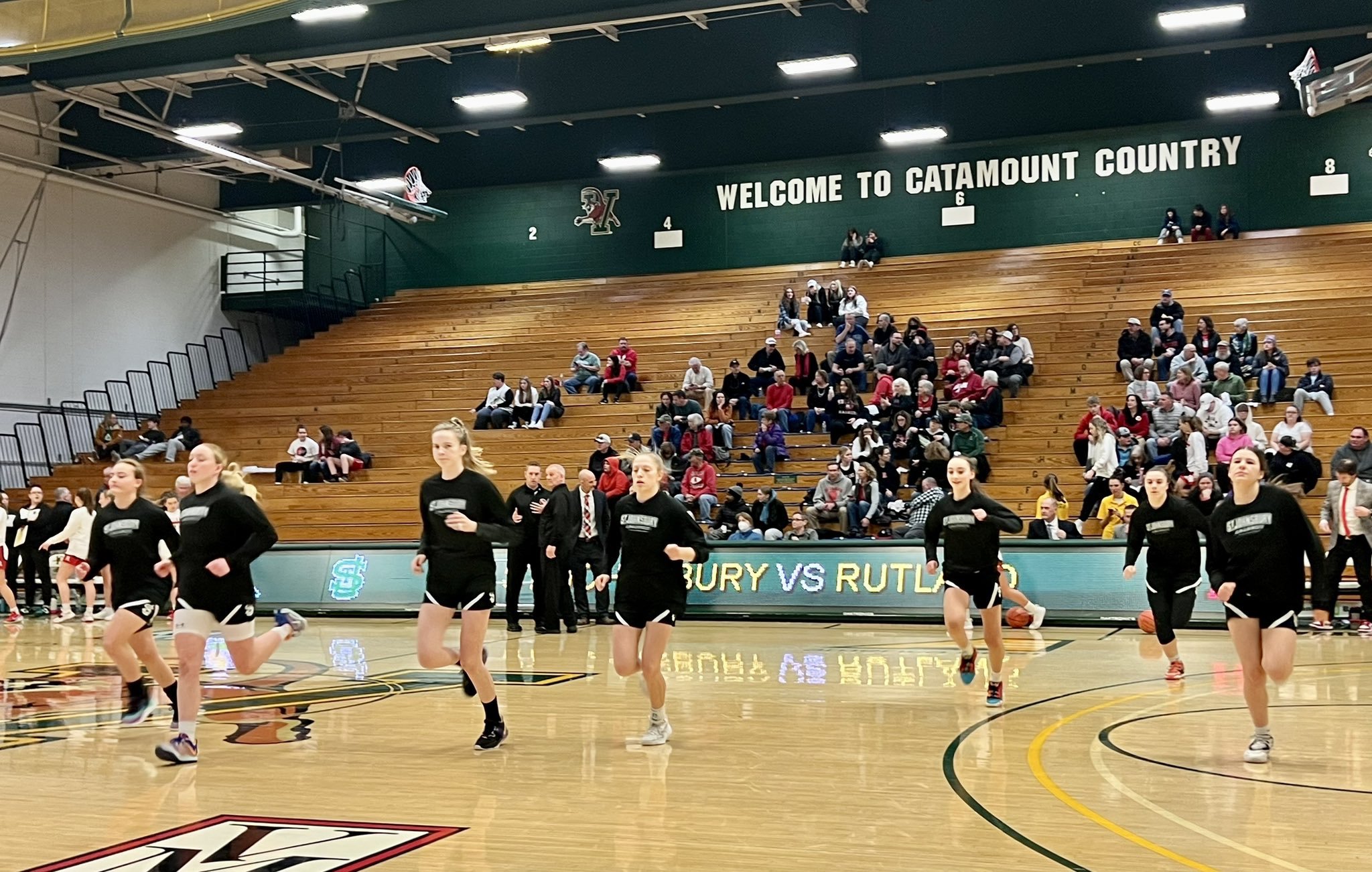Tier 2 Interventions
Tier 2 Intervention Strategies are designed to be more targeted than Tier 1. These interventions may be utilized with individuals or small groups of people. This will be effective for ~3% of the population.
Expand the title to read more about each best practice tool.
Audience:
School-Based Administrators, Principals, Deans, in collaboration with Athletic Directors.
-
Should a fan be dismissed from a game or practice, schedule a return to spectate meeting where expectations are reiterated, policies are shared and had a parent/guardian contract been signed, reminder of that agreements. Asking them to complete a sportsmanship webinar could also be imposed.
-
Should a situation occur that requires additional investigation or pertains to a persistent problem, having a game(s) without fans can occur. For away games, having a guest list for the school who can attend is also a possibility.
-
Working with your local law enforcement to provide the individual(s) with a no-trespass order to your school events
-
Work with your athletic director to discuss what game day supervision looks like and what is and isn't acceptable from your fan sections. Run through your emergency safety plans to ensure you have the most up to date information and ensure you have all relevant contact numbers at your disposal.
-
Often times, meeting with someone who is escalated during the contest will not be productive, and scheduling a time afterward to discuss the behavior prior to returning is beneficial.
-
Schools that utilized an SRO can have them write citations for infractions that may occur.
-
Schools can limit student and family attendance to their events or limit the number of people admitted to the event.
-
Being present at school events will help build relationships with the fans, community and teams. These relationships can help create success by building trust. People will feel comfortable bringing forth concerns to you if you’re seen at events and may have witnessed first hand. Strong relationships can also help shift fan behavior.
-
Along with being seen at events, popping into practices and allowing your student-athletes to have access to you in important. Watching a practice, talking in the hallway, or scheduling 1:1 or team check in opportunities will help strengthen your lines of communication.
-
When reports of unwanted behaviors are communicated, timely investigation and following up with all stakeholders is important. Often times days get busy, but circling back to the person reporting to close the communication loop is important in building accountability to your communities.
-
Email your additional best practice with description to: lthomas@vpaonline.org

